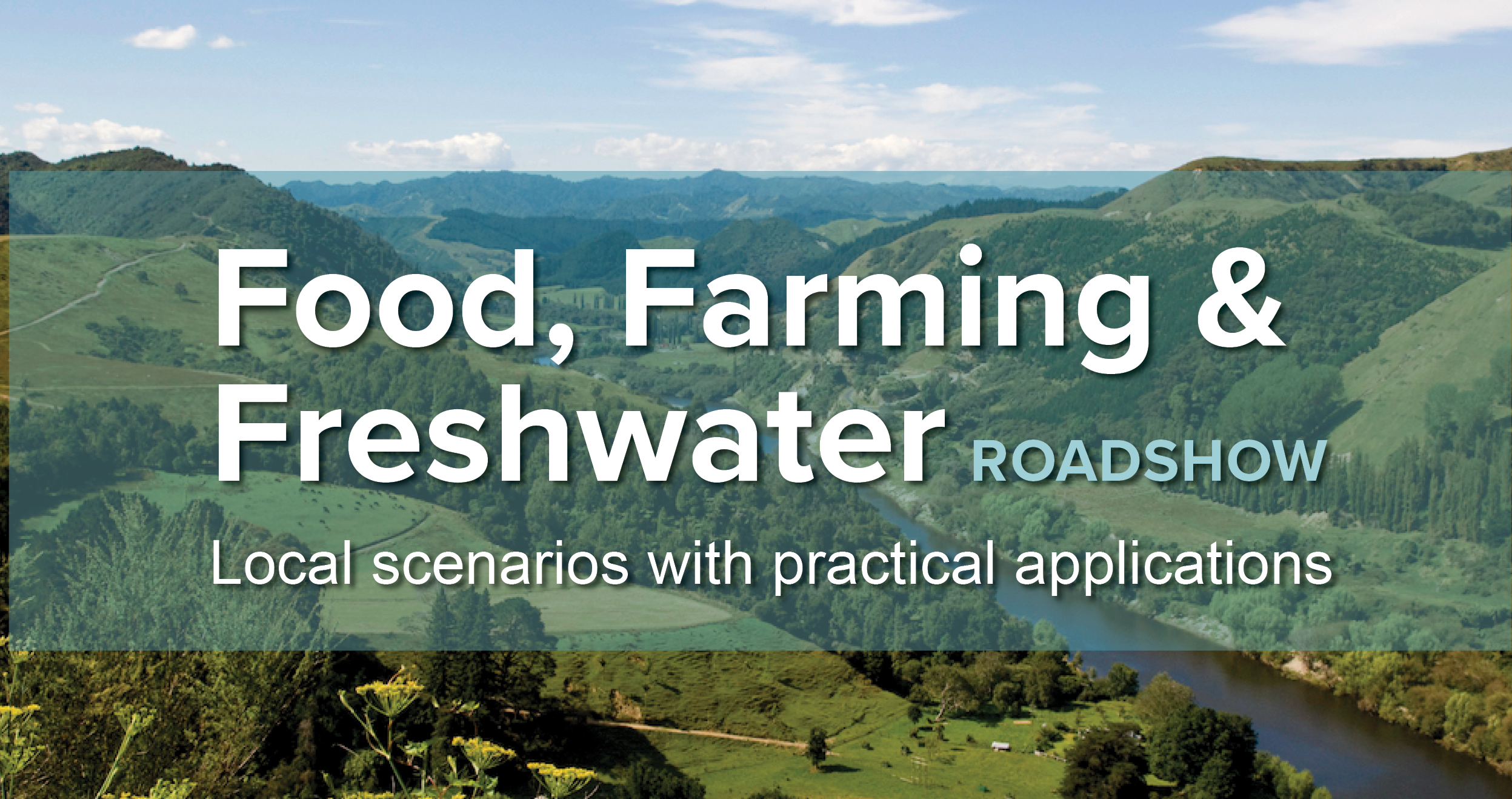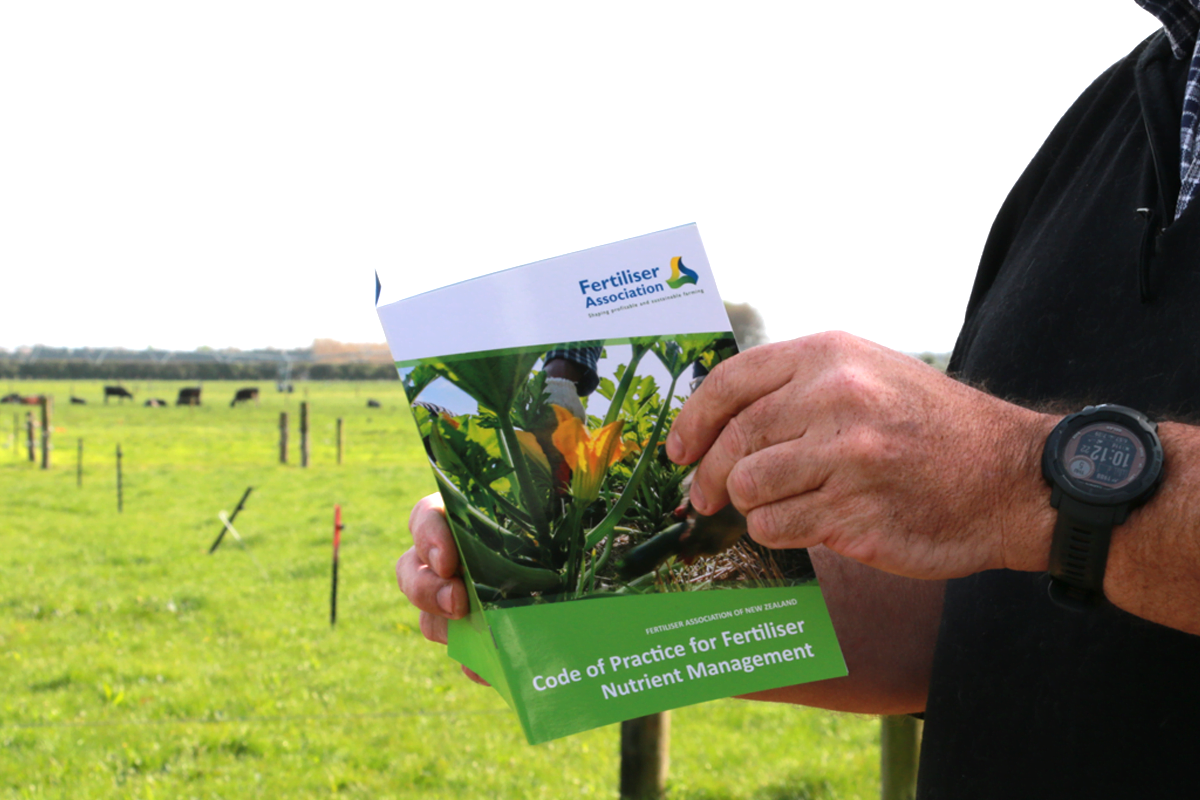What Do We Know About Regenerative Agriculture in New Zealand?
New Zealand is thirsty for knowledge about regenerative agriculture, and investment to grow uptake among farmers has been proposed as an economic stimulus following the Covid-19 lockdown. A new Our Land and Water project is developing a framework for building a scientific evidence base specific to regenerative agriculture in New Zealand
PHOTO: Dr Nina Koele measuring water infiltration rate (photo credit: Jason Nolan)
In 2020, news headlines have been dominated by global crises – the Australian wildfires, the Covid-19 pandemic, even locusts and murder hornets.
Amid this stream of relentlessly apocalyptic news, one solution has consistently broken through to grab some headlines itself: regenerative agriculture, or ‘regen ag’.
- Greenpeace calls for $1 billion investment in regenerative agriculture (7 May 2020, Newshub)
- What is Regen Ag and why is it big for NZ? (4 May 2020, Newsroom)
- To rebuild we need to ask right questions first, says new discussion paper (30 April 2020, NZ Herald) – referencing The Lever Room’s highly regarded Build Back Better discussion paper, which proposed regenerative agriculture as one potential solution
- Calm the Farm investors to help accelerate New Zealand's transition to regenerative farming (10 March 2020, Stuff)
- Regenerative agriculture study launched (24 February 2020, NZ Herald) – referencing Beef + Lamb NZ’s global study to understand regen ag's differences to New Zealand farming practices
New Zealand is thirsty for knowledge about regenerative agriculture.
It’s unlikely the government will invest in scaling out regen ag principles without solid, New Zealand-specific evidence, says Professor Rich McDowell, chief scientist of the Our Land and Water National Science Challenge.
To make sure evidence is gathered quickly and provides what farmers and policymakers need, Our Land and Water has partnered with the NEXT Foundation and aligned with MPI to fund a new research project.
The Regenerative Agriculture research team will develop a framework for building a scientific evidence base specific to regenerative agriculture in New Zealand, so that future research is able to quickly fill the evidence gaps.
Who is involved?
The team is led by Dr Gwen Grelet, soil ecologist at Manaaki Whenua – Landcare Research, and Samuel Lang, manager of Quorum Sense and past participant in Our Land and Water’s Next Generation Influencer programme.
Over the next six months, researchers will speak with a diverse range of farmers, representatives of key industry and government bodies, and scientists to identify the questions they would like answered about regenerative agriculture in New Zealand.
“There is a growing body of anecdotal evidence for the multiple benefits of regen ag, be it environmental, economic, social, psychological or cultural, but scientific studies are scarce and restricted to overseas systems. So we don’t have enough scientific data yet to compare these benefits to other current ways of farming in New Zealand,” says Dr Grelet.
“This is partly because regenerative ag emphasizes adaptive management strategies that seek to optimise the performance of the whole farm, for multiple benefits simultaneously. This isn't easy to quantify using conventional academic approaches.”
“One of the most exciting things about this research is that we intend to assemble a framework that includes multiple knowledge systems, combining academic knowledge with the ways farmers know and appraise their whole system.”
The project is highly collaborative. The research team includes scientists from several New Zealand research organisations (including Plant and Food Research, Otago Innovations, Lincoln University, Bragato Research Institute, AgResearch, DairyNZ, University of Canterbury, NorthTech) and overseas collaborators.
The team will co-author a report together with representatives of industry (eg Beef + Lamb NZ, FAR, Winegrowers NZ), government (eg Ministry for the Environment), consultants and farming community leaders (eg NZX, Pamū, Quorum Sense, Integrity Soils, Abron, Taiao National Resource Management).
Several additional collaborators are still to be confirmed.
What will they do?
The report, due to be completed in November 2020, will cover:
- The top principles and objectives of regenerative farming systems in New Zealand (dairy, drystock, arable and viticulture) and how this differs from comparable systems overseas.
- The alignment between a Māori world view and regenerative farming principles.
- A framework to quantify outcomes from regenerative farming activities, including: profitability, productivity, food quality and safety, animal welfare, social wellbeing, land and water quality, and climate change adaptation and mitigation.
- Knowledge and/or methodological gaps.
- Questions that farmers and other stakeholders would like answered about regenerative agriculture in the New Zealand context.
The research and outcome assessment framework highlighted in this report will be used by MPI to inform its investment decisions for the Sustainable Food and Fibre Futures fund.
Meanwhile, “farmers are cracking ahead with this,” says research co-leader Sam Lang.
“The number of farmers incorporating regenerative principles and approaches into their farm systems and practices is growing rapidly, and they're keen to validate the potential benefits and opportunities.”
“We're hoping this research will support farmers to communicate how their farming approaches benefit their customers, communities and regulators.”
___
More information:
- An Analysis and Overview of Regenerative Agriculture by Dr Charles N Merfield, August 2019 (Report number 2-2019, BHU Future Farming Centre, Lincoln, New Zealand)
- Pure Advantage’s 14-part article series on Our Regenerative Future (30 April 2020), including:
- Dr Gwen Grelet currently leads a Manaaki Whenua project (funded through MBIE’s Strategic Science Investment Fund and MPI) assessing ecosystem and economic performance of 12 conventionally managed and regeneratively run pastoral farms, and an Australian project (funded by the Soil CRC) looking at the role of soil carbon in regenerative systems
- Manaaki Whenua – Landcare Research is also conducting soil carbon research and designing a national monitoring system that may contribute useful evidence for regenerative farming principles
- Beef + Lamb NZ regenerative agriculture research
- Quorum Sense farmer group
- Regen ag impact investment fund Calm the Farm
- The Lever Room’s Build Back Better discussion paper
Author
 View Our Strategy Document 2019 – 2024
View Our Strategy Document 2019 – 2024




Leave a Reply